Institutionalize the Party's policies and guidelines on journalism
At the meeting, Mr. Luu Dinh Phuc, Director of the Press Department, Ministry of Information and Communications, said that the Press Law was passed by the National Assembly on April 5, 2016, and took effect from January 1, 2017. At the time of promulgation, the Press Law and its implementing documents created a legal corridor for press activities and press-related activities to develop.
However, after more than 6 years of implementation, some provisions of the Press Law have revealed some limitations and inadequacies, failing to meet practical requirements such as: Functions of state management agencies on press at the local level, decentralization of some administrative procedures to localities; state policies on press development, duties and powers of the Vietnam Journalists Association; press activities in the digital environment, development of practical models to promote press development; domain names of electronic newspapers and electronic magazines; explanation of concepts and other contents;...
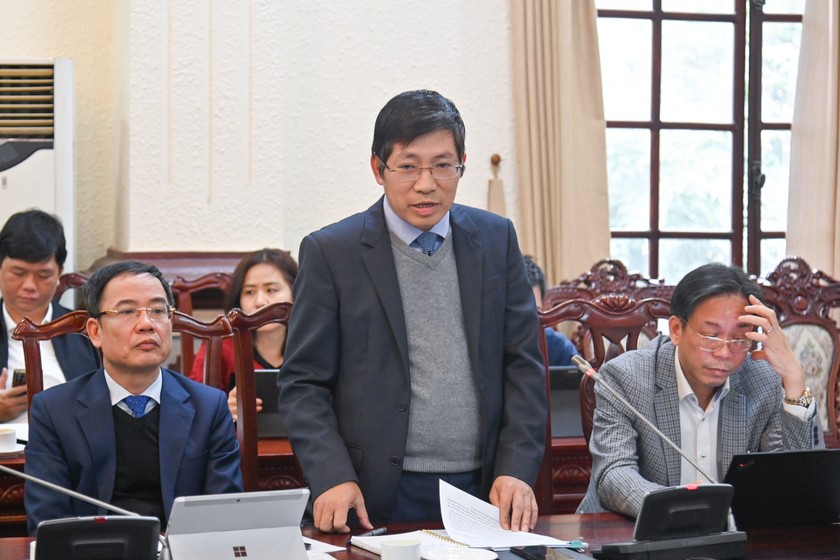
Mr. Luu Dinh Phuc, Director of the Press Department, Ministry of Information and Communications, presented the draft report. Photo: Le Hong
Therefore, it is necessary to develop a Law amending and supplementing a number of articles of the Press Law to institutionalize the Party's policies and guidelines on the press, especially the orientation of the 13th National Party Congress: "Building a professional, humane and modern press and media" and the provisions of the 2013 Constitution; at the same time, ensuring the unity and synchronization of the legal system, legalizing clear issues that have been tested in practice; reviewing and clearly identifying the contents and scope of issues that need to be amended and supplemented to overcome existing shortcomings, limitations, difficulties and problems that arise.
One of the contents that received attention at the meeting was policy 1 on developing the press group model with the goal of forming large press agencies with sufficient resources to play a leading role, as a pillar for information orientation. According to the policy content, a press group can be a public service unit with a management mechanism, operating as an enterprise or a 100% state-owned enterprise, in which there is a press agency playing the role of the parent agency and affiliated press agencies and enterprises.
Agreeing with the need to amend the Press Law, Mr. Nguyen Duy Tien, Director of the Legal Department, Office of the National Assembly, stated: The conclusion of the Politburo in Notice No. 173-TB/TW dated March 28, 2005 of the Central Executive Committee on the Information Development Strategy to 2010, which includes the content: Allowing the establishment of the model of "Press Group", "Publishing Group". However, the name needs to be considered appropriately. During the implementation process, it is necessary to conduct a pilot project, step by step, ensuring quality and efficiency, not doing it massively or widely.
Decision No. 219/2005/QD-TTg dated September 9, 2005 of the Prime Minister approving the Information Development Strategy to 2010, in the specific objectives for developing information fields, includes the following content: Piloting the establishment of publishing complexes and press groups, combined with business and service activities in accordance with the provisions of law to create investment revenue for press activities. Therefore, Mr. Tien suggested that it is necessary to carefully consider the factors to carry out the pilot in accordance with the direction of the Party and the Government.
Clarifying the political and practical basis of the press group model
According to Ms. Pham Thuy Hanh, Deputy Director of the Legal Department, Government Office, the reality in our country is that there is no model of press group, so it is necessary to clarify the political basis, practical basis and international experience. Regarding the content in policy 1 "press group can be a public service unit with a management mechanism, operating like an enterprise or a 100% state-owned enterprise", Ms. Hanh expressed concern that if the above criteria are put forward, how will the licensing be done, what is the management mechanism, and will it be subject to the regulation of the Enterprise Law?
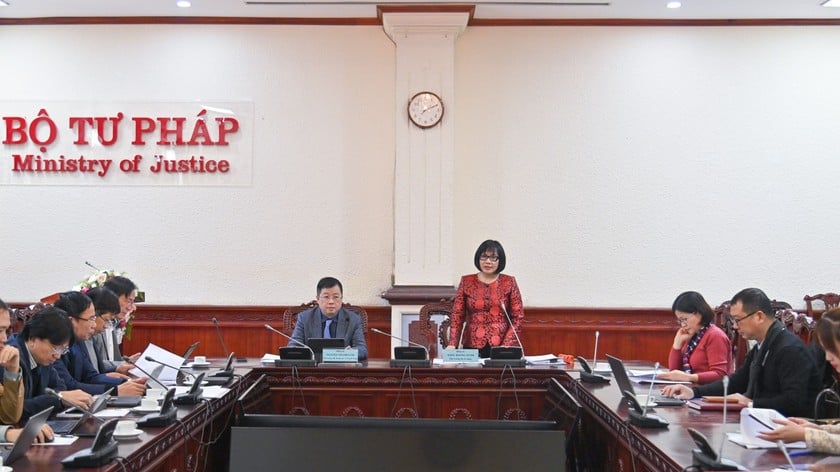
Deputy Minister of Justice Dang Hoang Oanh and Deputy Minister of Information and Communications Nguyen Thanh Lam co-chaired the meeting. Photo: Le Hong
Concluding the meeting, Deputy Minister Dang Hoang Oanh highly appreciated the opinions of the members of the Appraisal Council and the careful preparation of the documents by the drafting agency.
The Deputy Minister said that in recent times, the Party and the State have issued many guidelines, policies and guidelines related to press activities such as: Documents of the 13th National Party Congress have oriented: "building a professional, humane and modern press and media". Plan No. 156-KH/BTGTW dated June 14, 2022 on strengthening the direction, management and rectification of newspaper, magazine, electronic information page and social network activities in the current period; At the same time, the Prime Minister also issued a number of documents such as: Decision No. 362/QD-TTg dated April 3, 2019 approving the national press development and management plan until 2025; Decision No. 348/QD-TTg dated April 6, 2023 approving the Press Digital Transformation Strategy until 2025, with a vision to 2030...
These are important political foundations, guiding viewpoints and orientations as the basis for the drafting agency to propose amendments and supplements to the Press Law.
Therefore, the Deputy Minister requested the drafting agency to comprehensively review the Party's guidelines and policies and the State's policies related to the completion of mechanisms and policies for press activities in order to study and concretize them into appropriate policy contents; at the same time, it is requested to clearly state in the Submission the contents and policies of the Law Drafting Proposal that have institutionalized specific policies and guidelines of the Party and State.
In addition, the drafting agency also needs to conduct a comprehensive review of the legal system; if necessary, a separate report can be prepared on the review of legal documents related to the Press Law to ensure that the proposed policy contents for amendment and supplementation are consistent and synchronous with the promulgated Laws.
In addition, in addition to the 07 proposed policies, the draft Proposal also has a separate section on the content of perfecting regulations to overcome limitations and shortcomings with the proposal to amend and supplement specific provisions of the Press Law but has not been classified into any of the 07 above-mentioned policies.
The Deputy Minister suggested that the drafting agency conduct research to consolidate them into major policies to facilitate impact assessment; at the same time, there are issues that must be researched and developed into a separate, independent policy such as supplementing regulations governing the operations of press agencies in the digital environment with many additional policies and regulations attached to institutionalize the policies in Decision No. 348/QD-TTg on the strategy for digital transformation of the press.
In addition, the Deputy Minister also gave specific opinions on a number of contents such as conditions, order, procedures, and authority to establish a press group model; methods of managing scientific magazines; conditions and procedures for revoking operating licenses of press agencies; regulations on conditions for granting press cards to improve the quality of journalists; ...
Source


![[Photo] Prime Minister Pham Minh Chinh attends the launching ceremony of the "Digital Literacy for All" Movement](https://vstatic.vietnam.vn/vietnam/resource/IMAGE/2025/3/26/a58cb8d1bc424828919805bc30e8c348)

![[Photo] Editor-in-Chief of Nhan Dan Newspaper Le Quoc Minh receives Iranian Ambassador Ali Akbar Nazari](https://vstatic.vietnam.vn/vietnam/resource/IMAGE/2025/3/26/269ebdab536444818728656f8e3ba653)
![[Photo] President Luong Cuong attends the 90th Anniversary of Vietnam Militia and Self-Defense Forces](https://vstatic.vietnam.vn/vietnam/resource/IMAGE/2025/3/26/678c7652b6324b29ba069915c5f0fdaf)

![[Photo] General Secretary To Lam receives Singaporean Prime Minister Lawrence Wong](https://vstatic.vietnam.vn/vietnam/resource/IMAGE/2025/3/26/4bc6a8b08fcc4cb78cf30928f6bd979e)

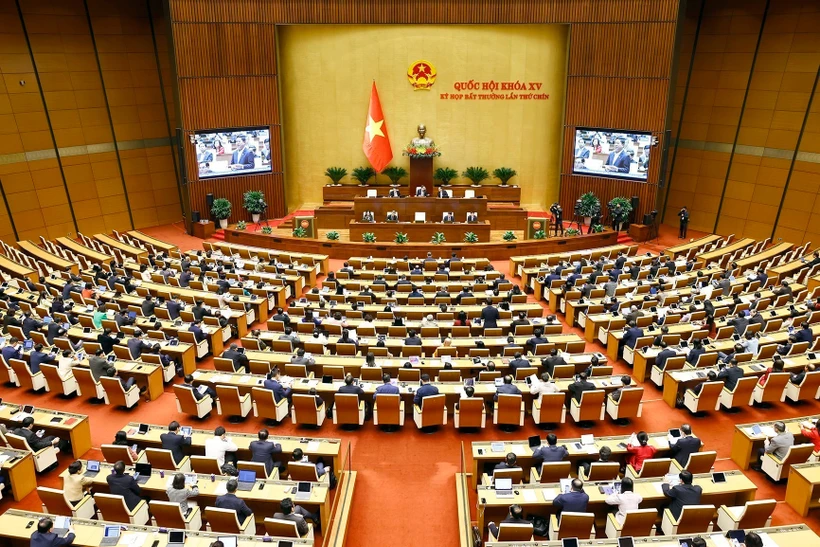




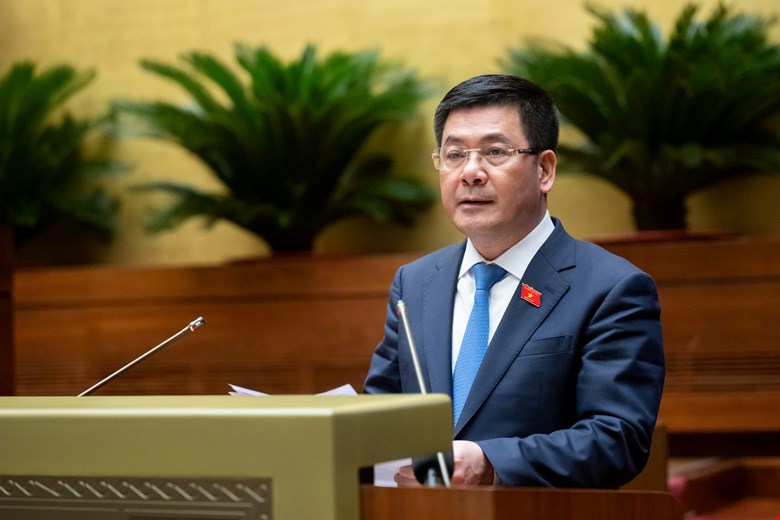

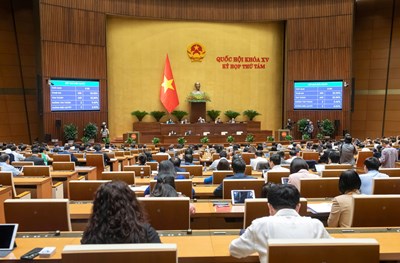

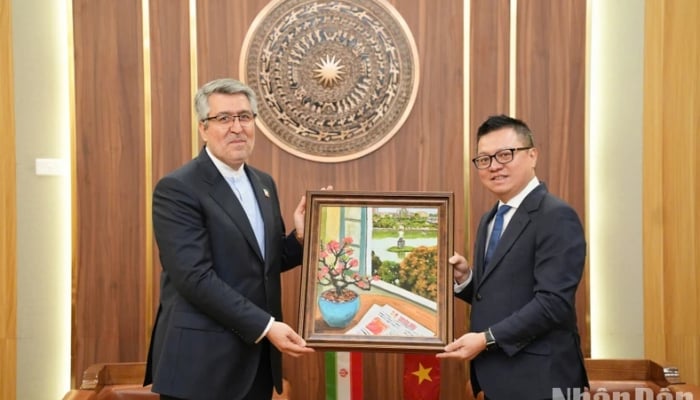

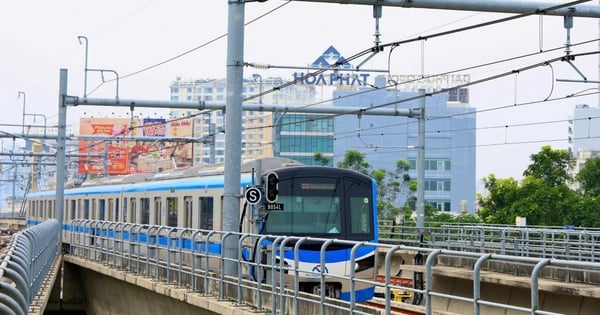
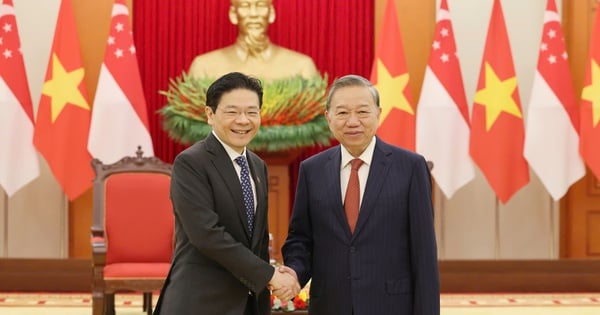
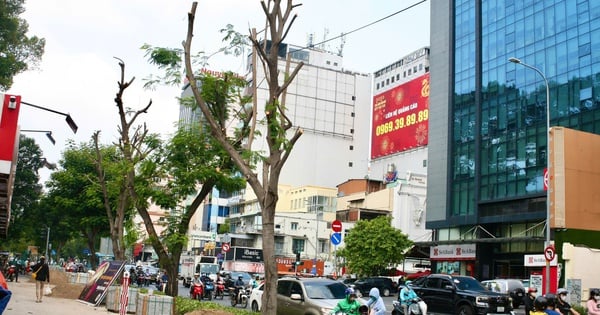
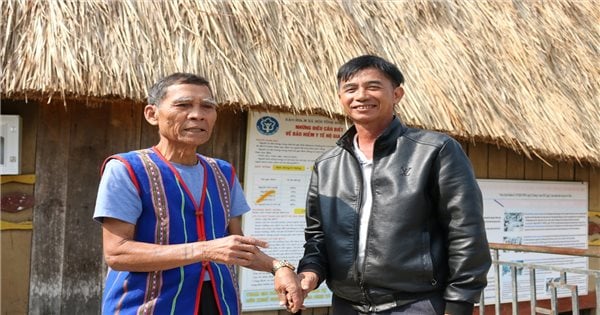




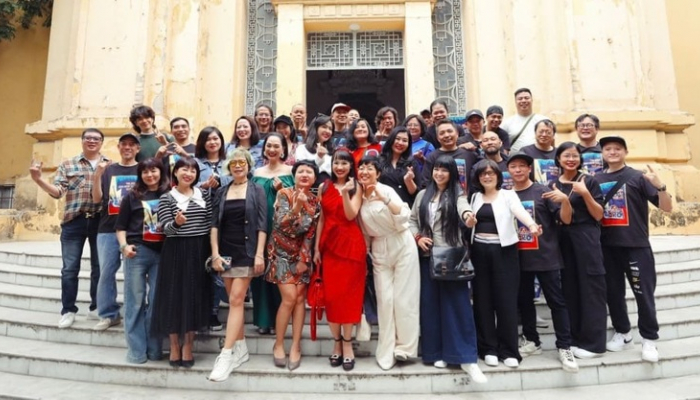




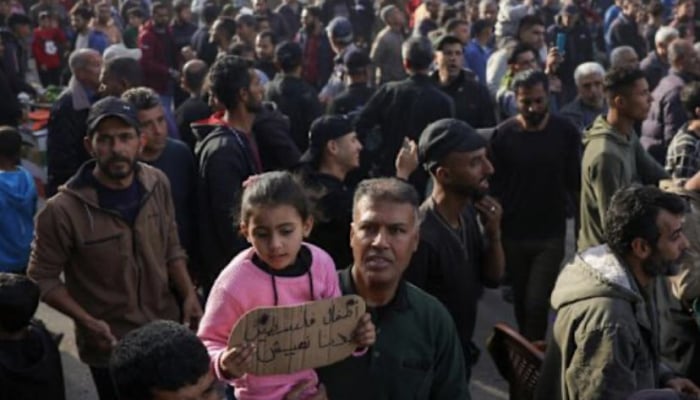


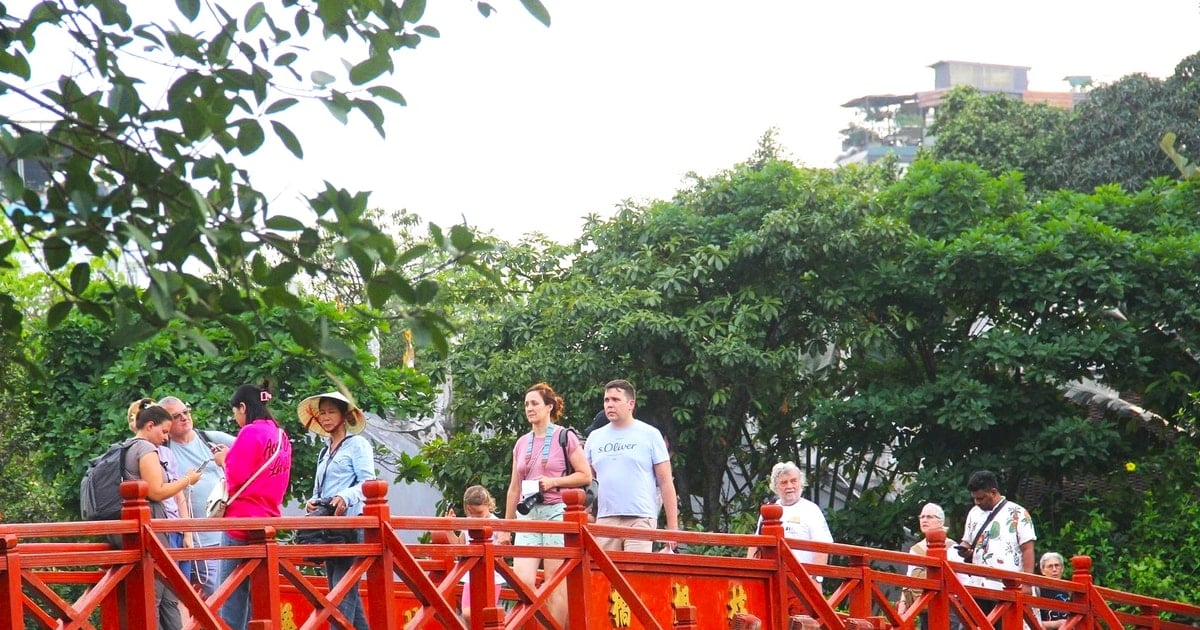



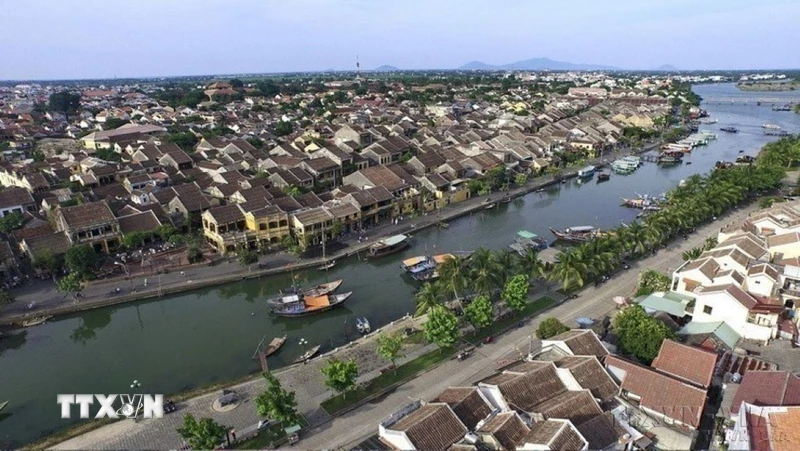




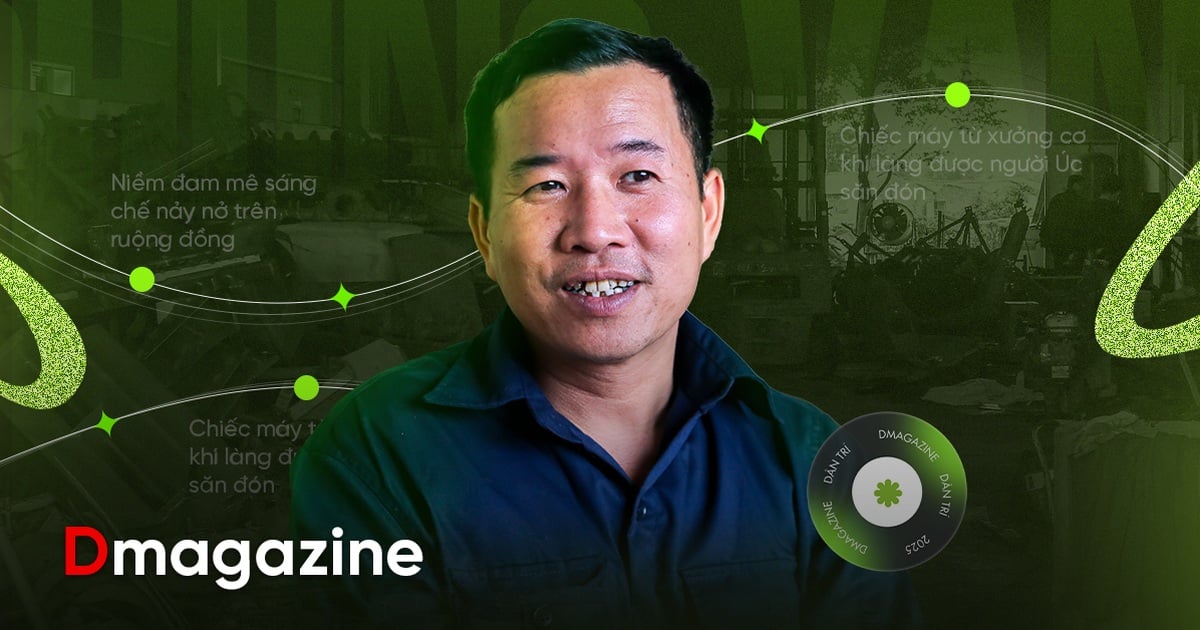

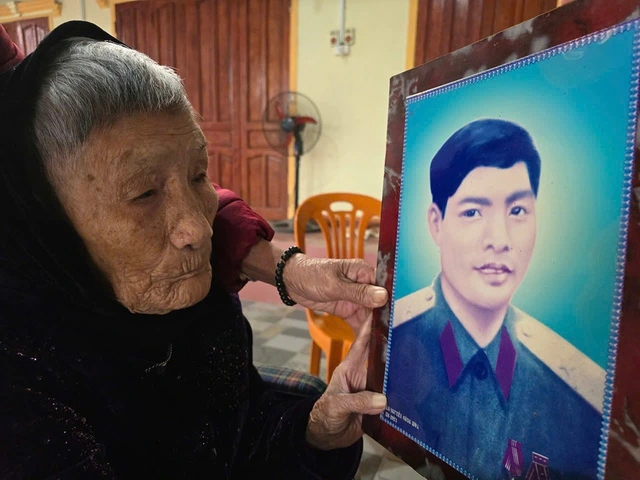

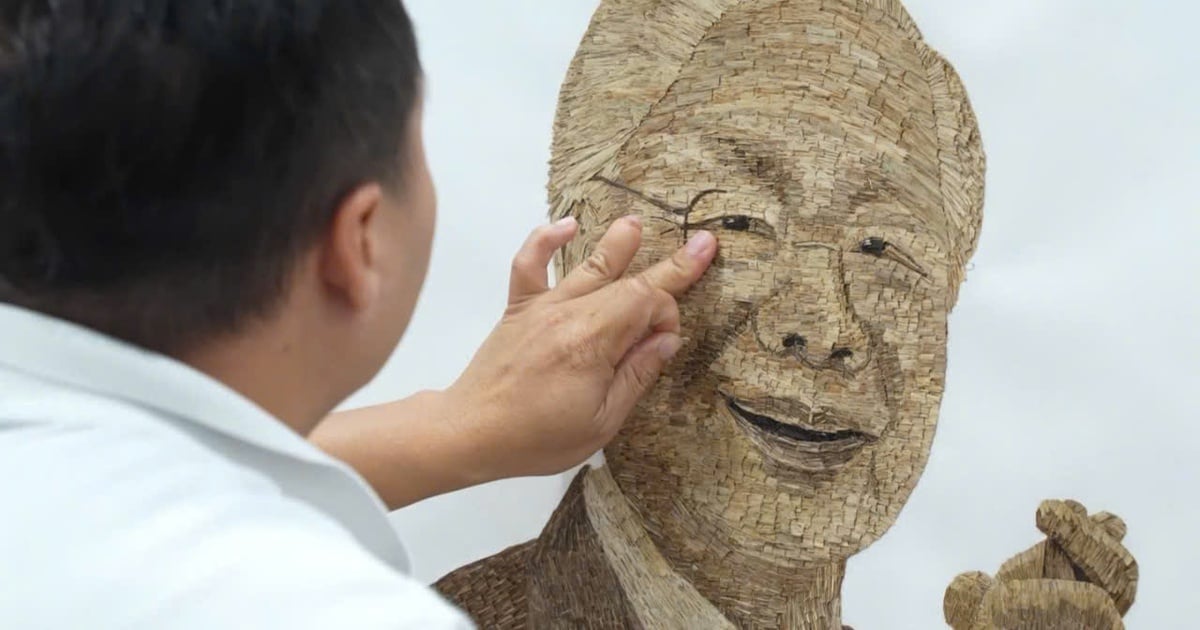

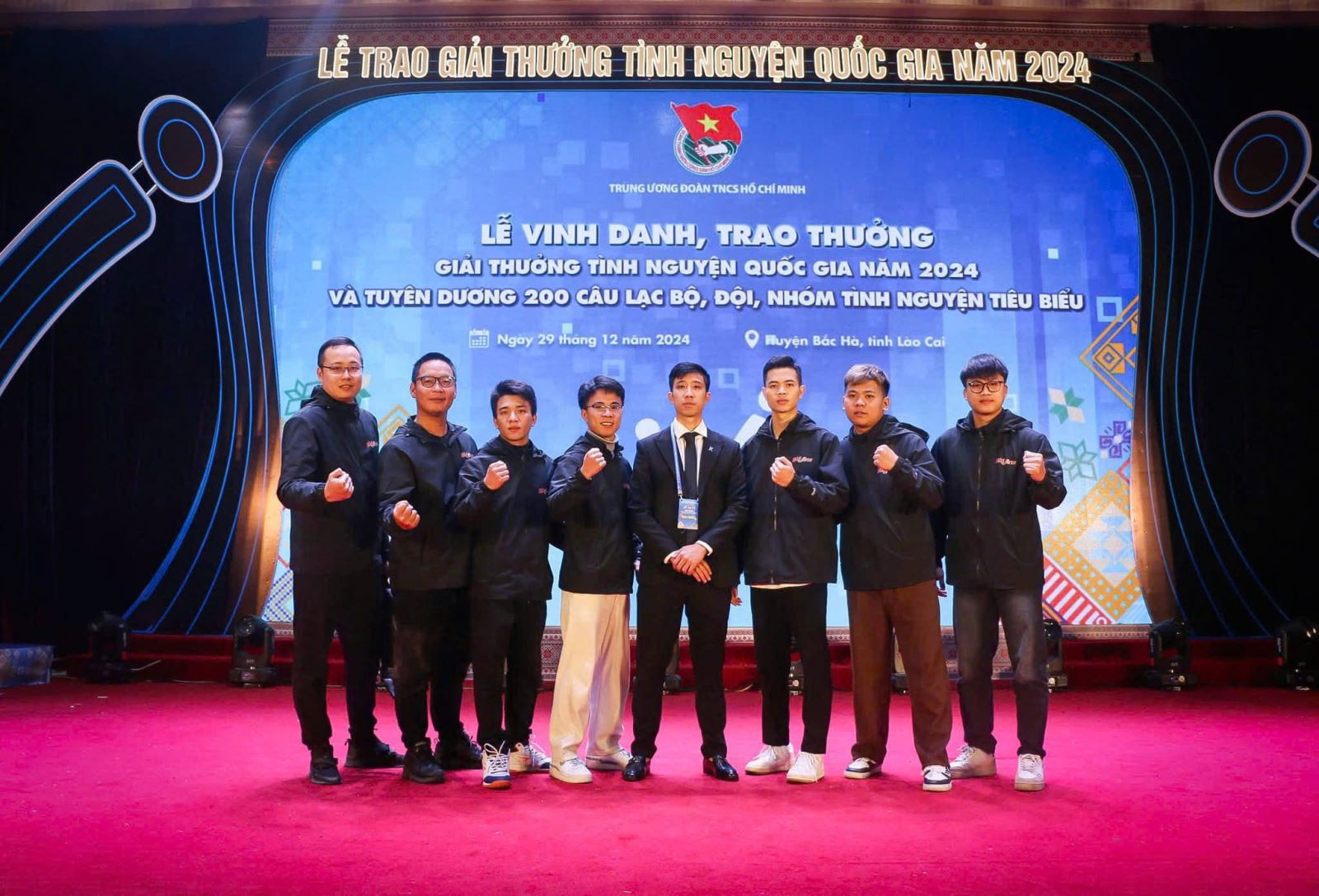









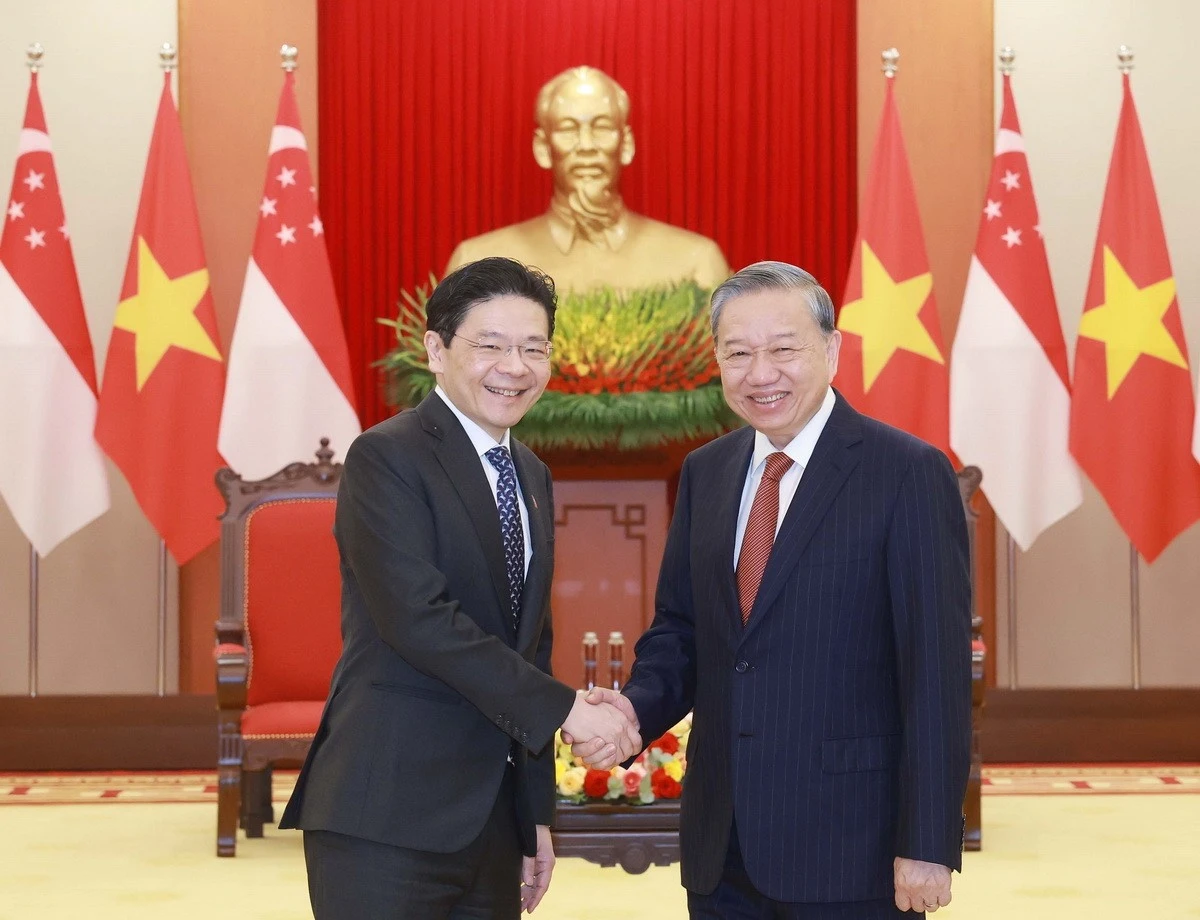
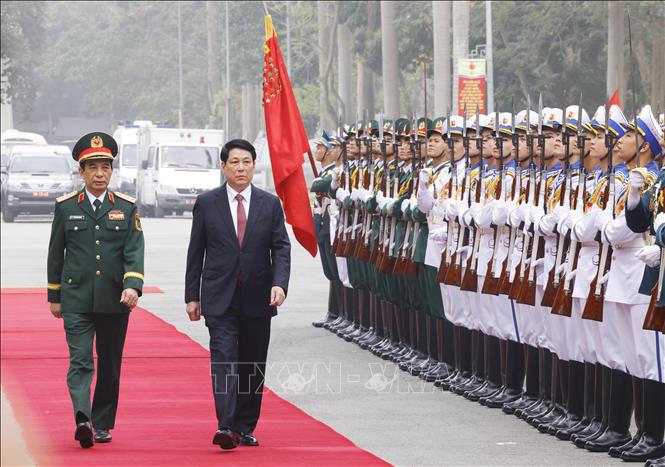
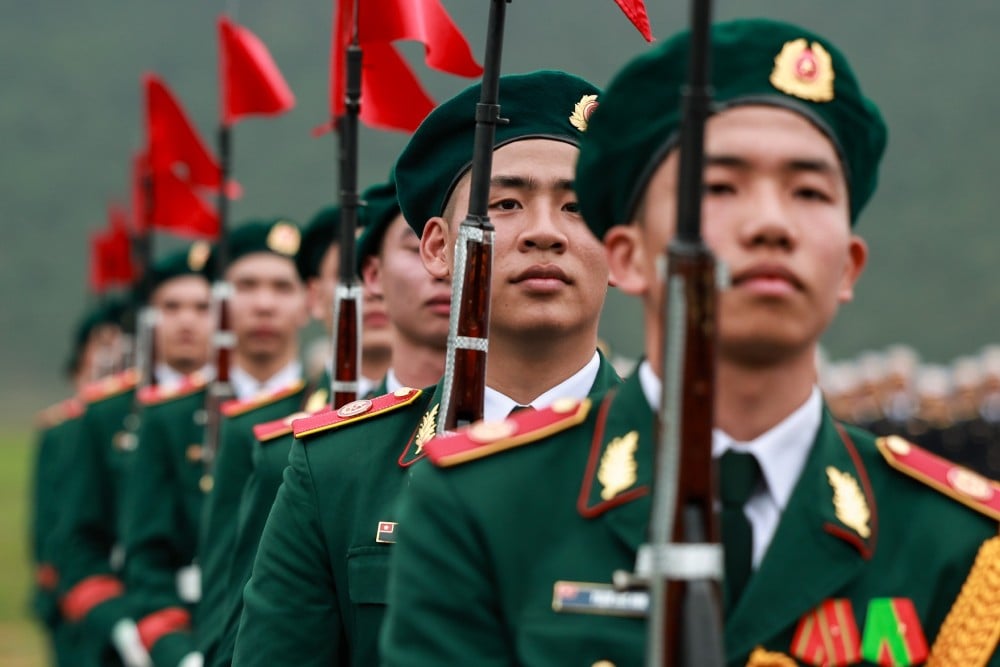


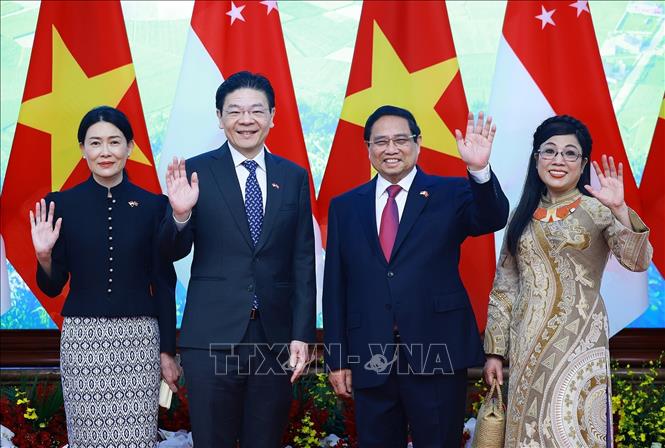
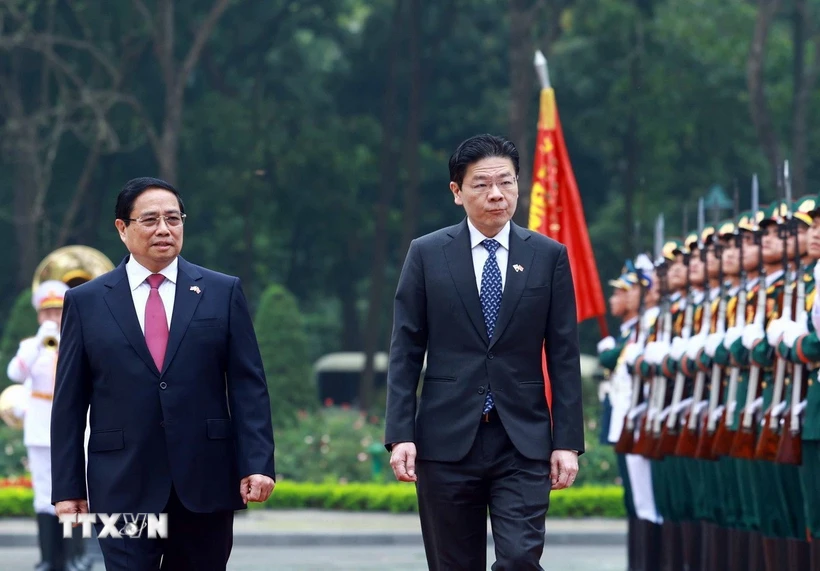
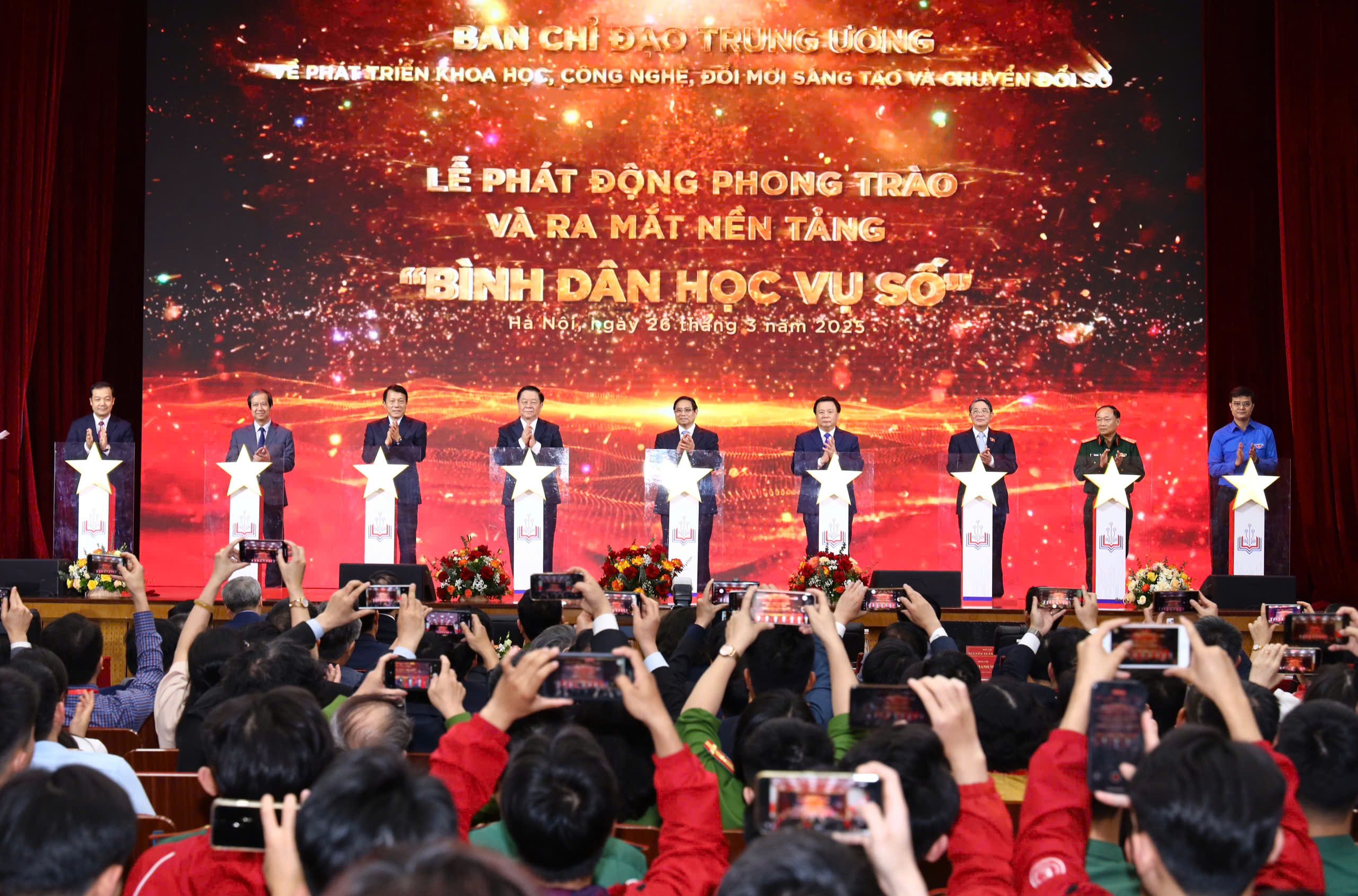

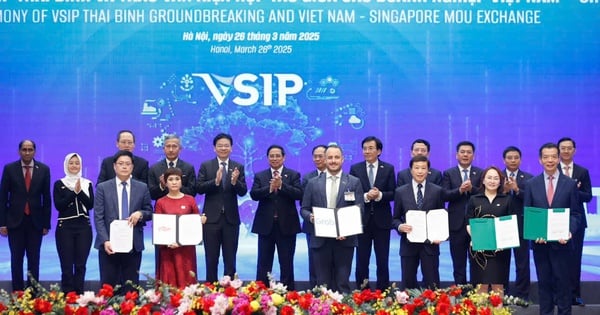

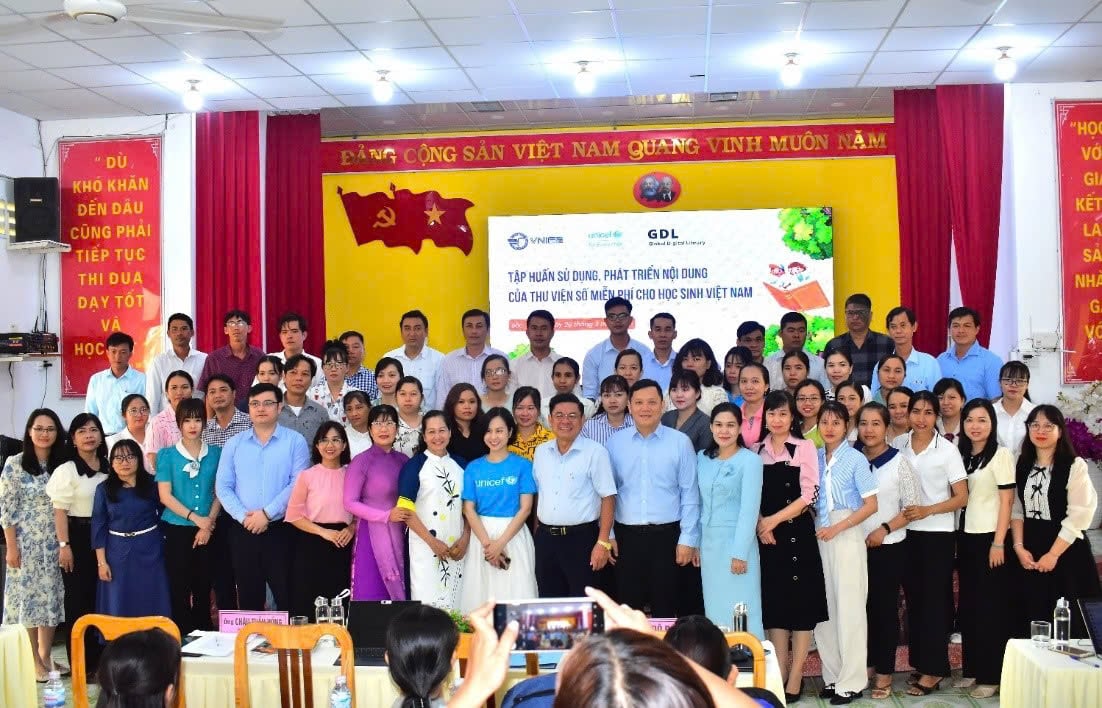


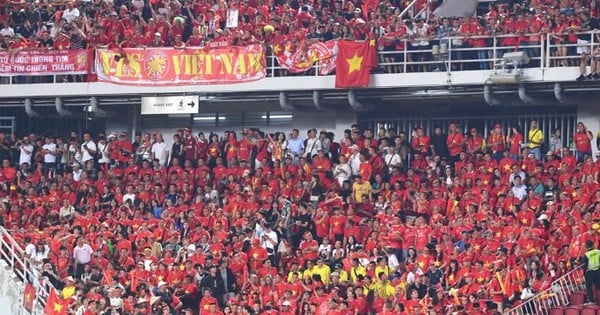

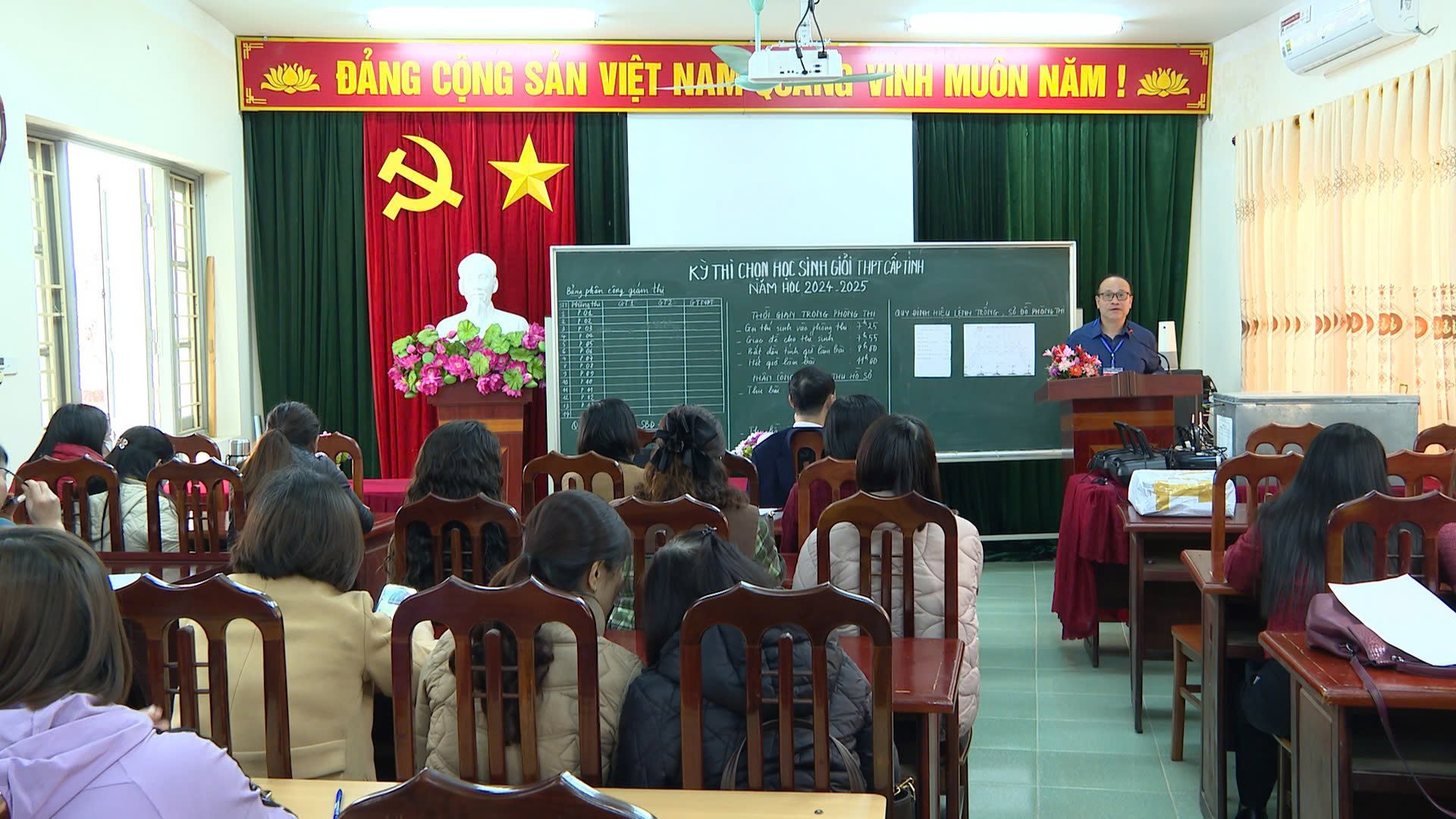
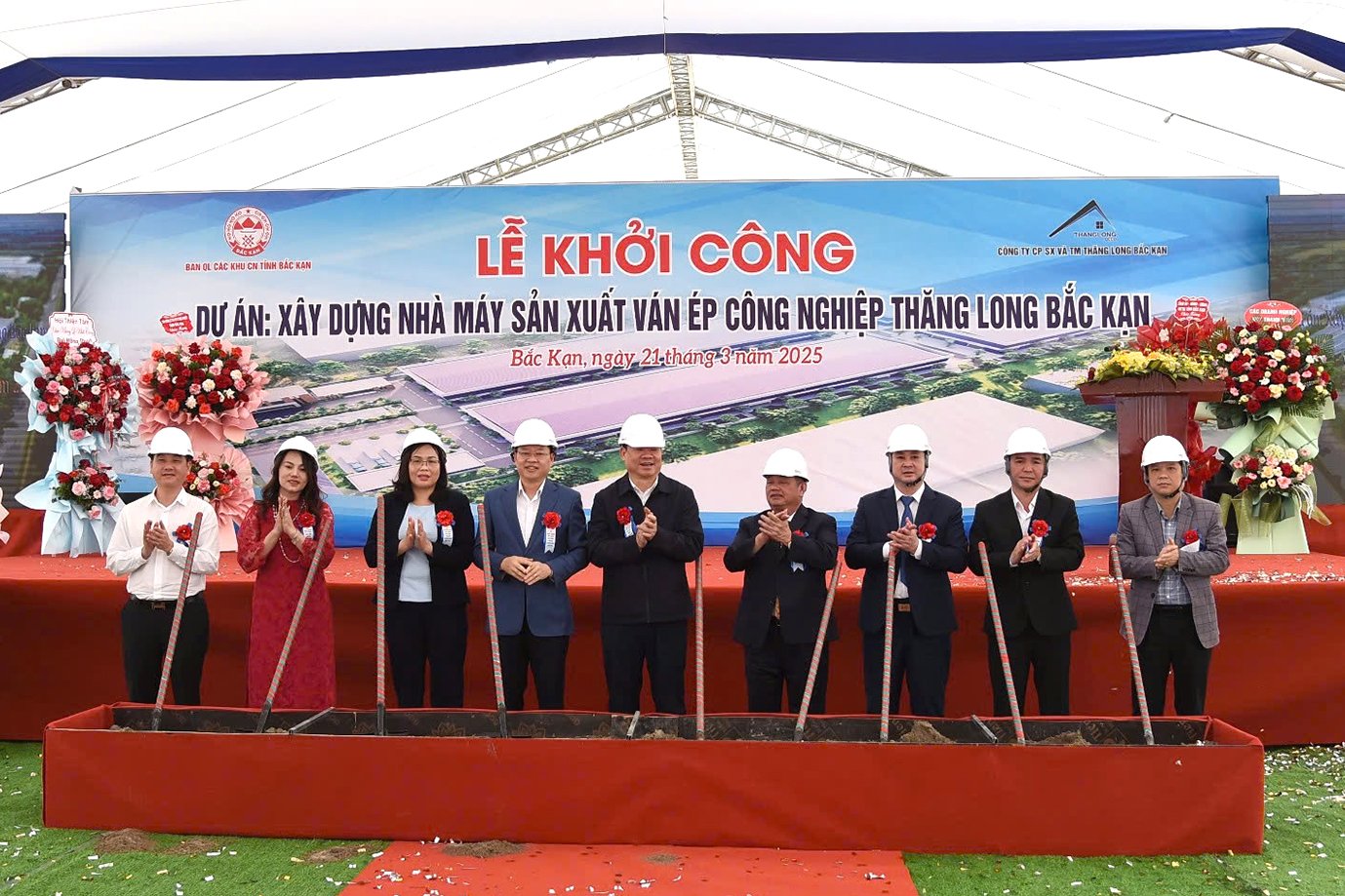
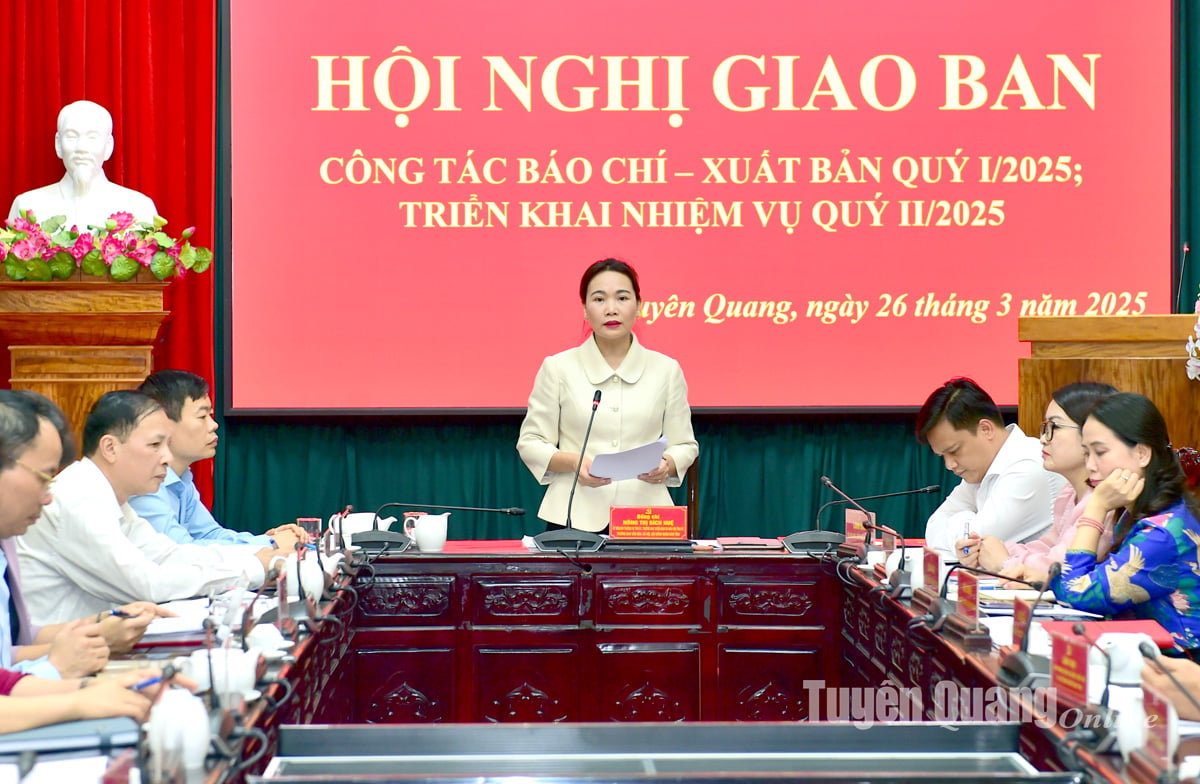
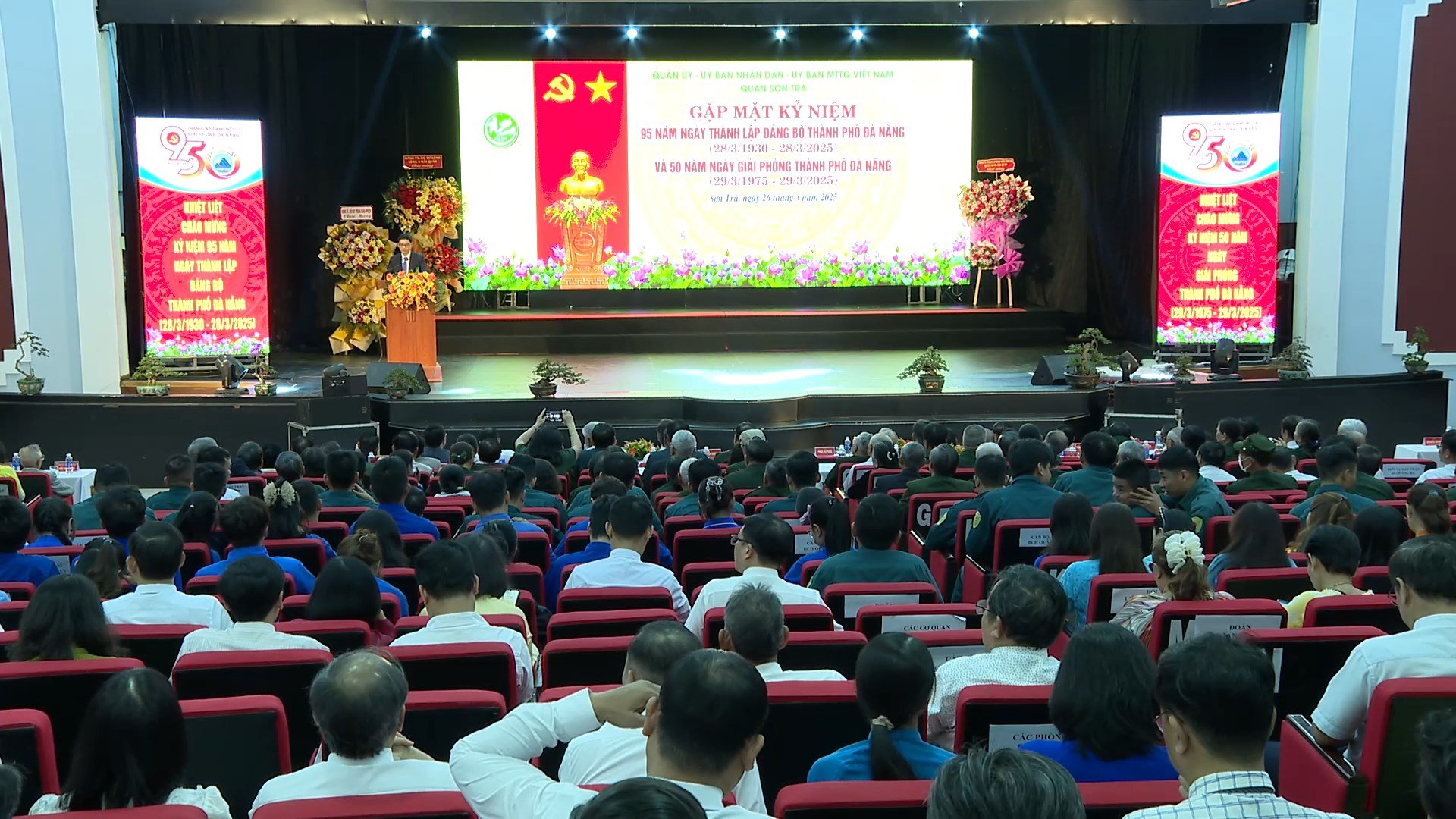
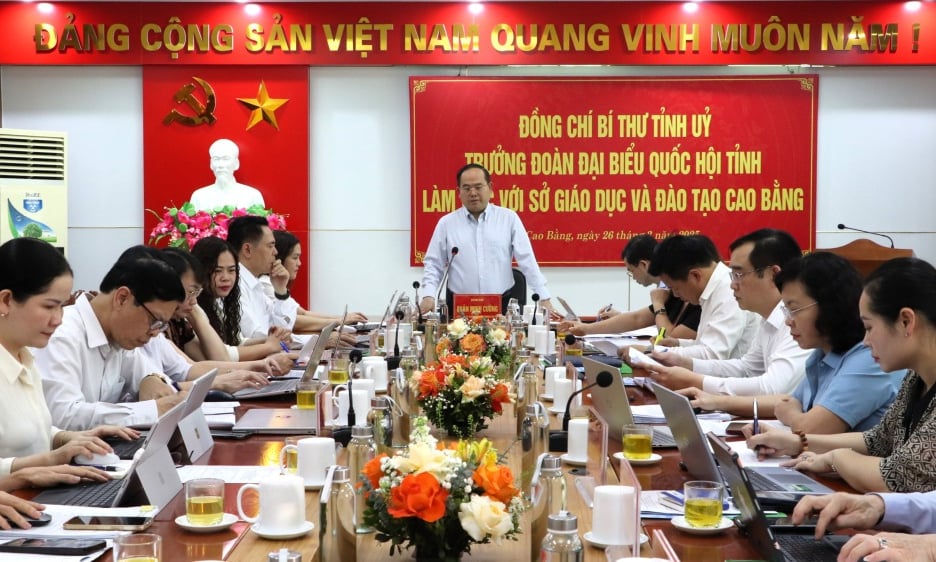
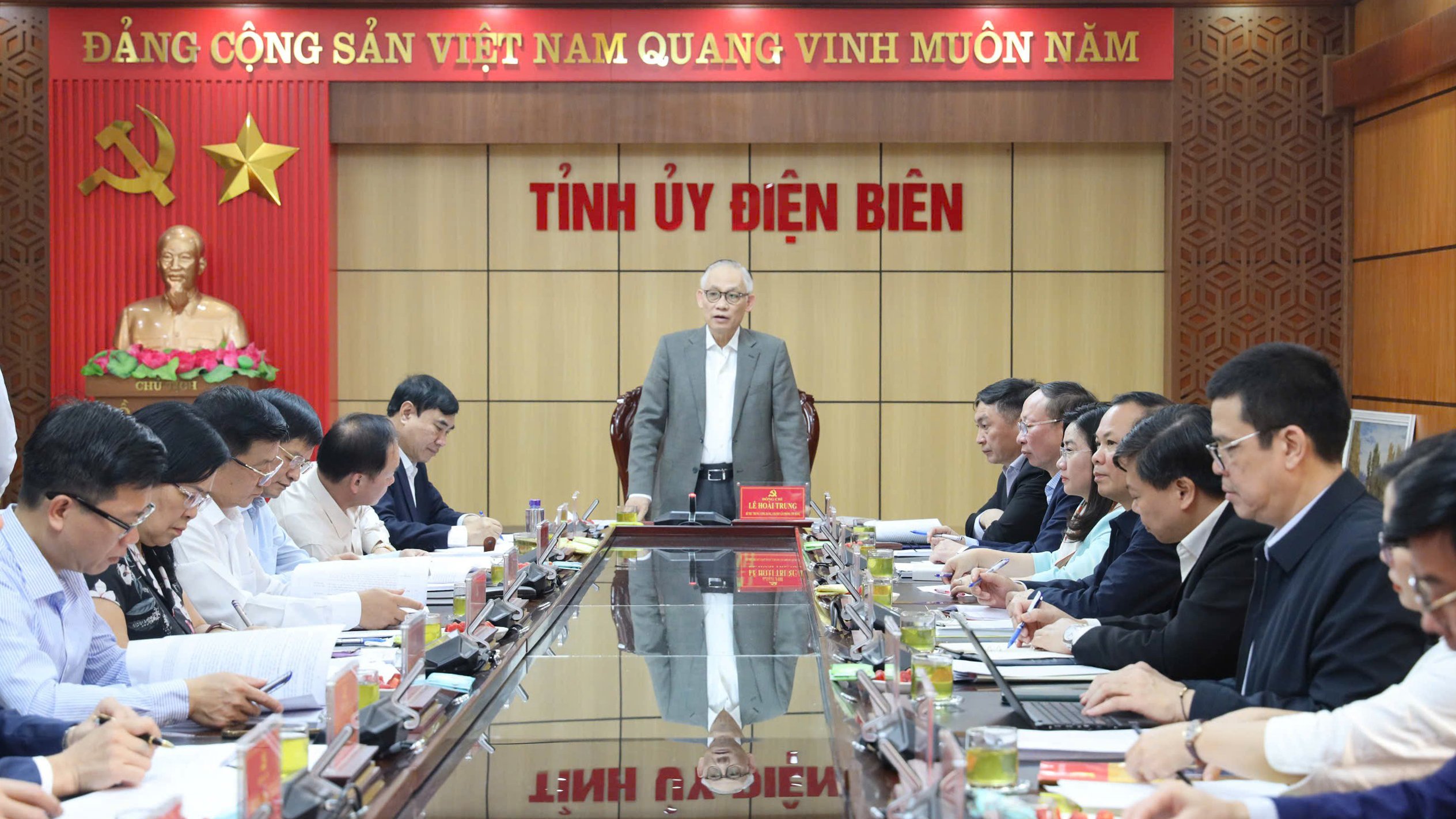
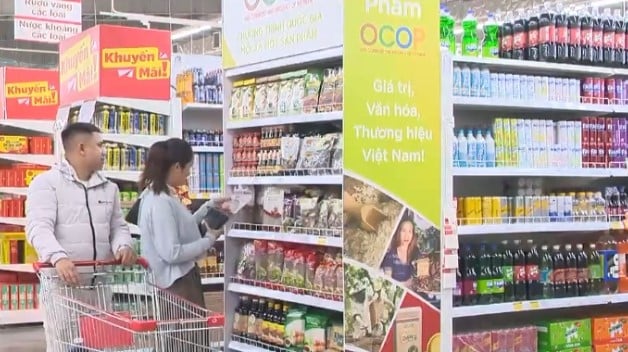

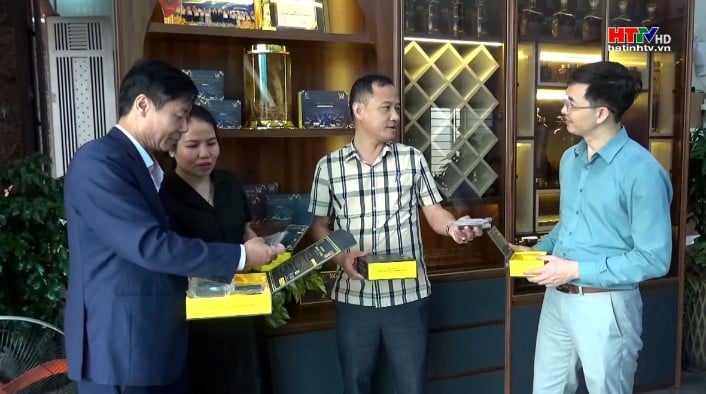
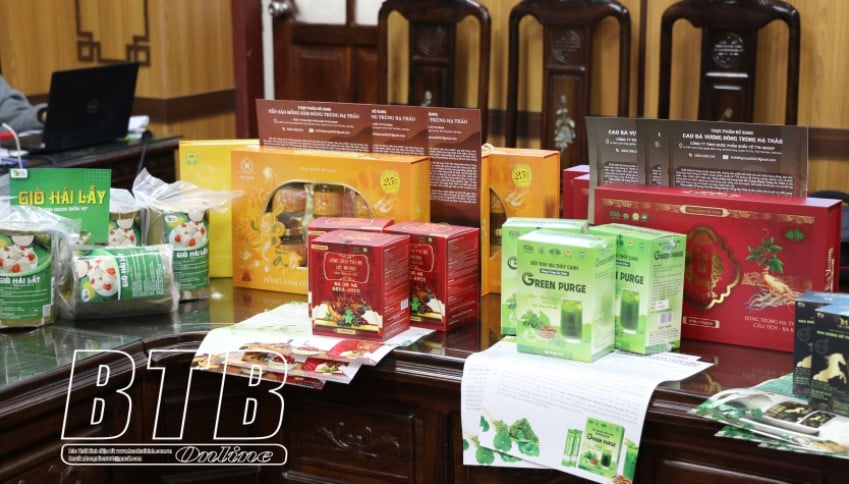




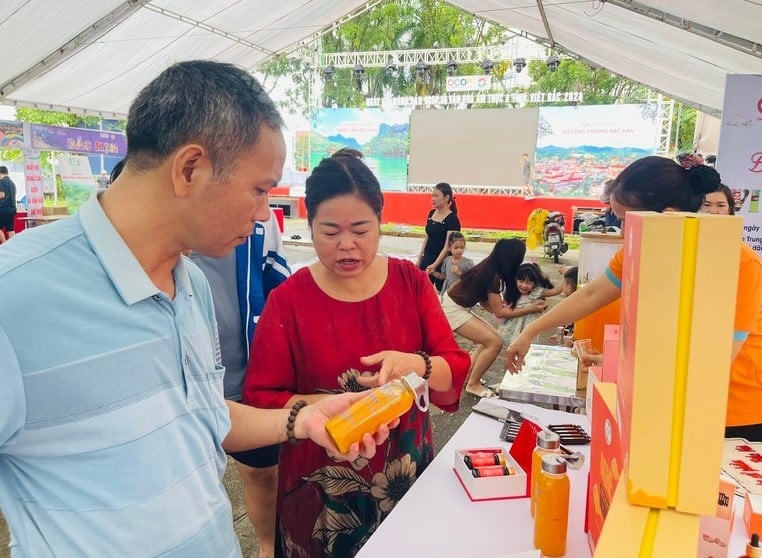
Comment (0)